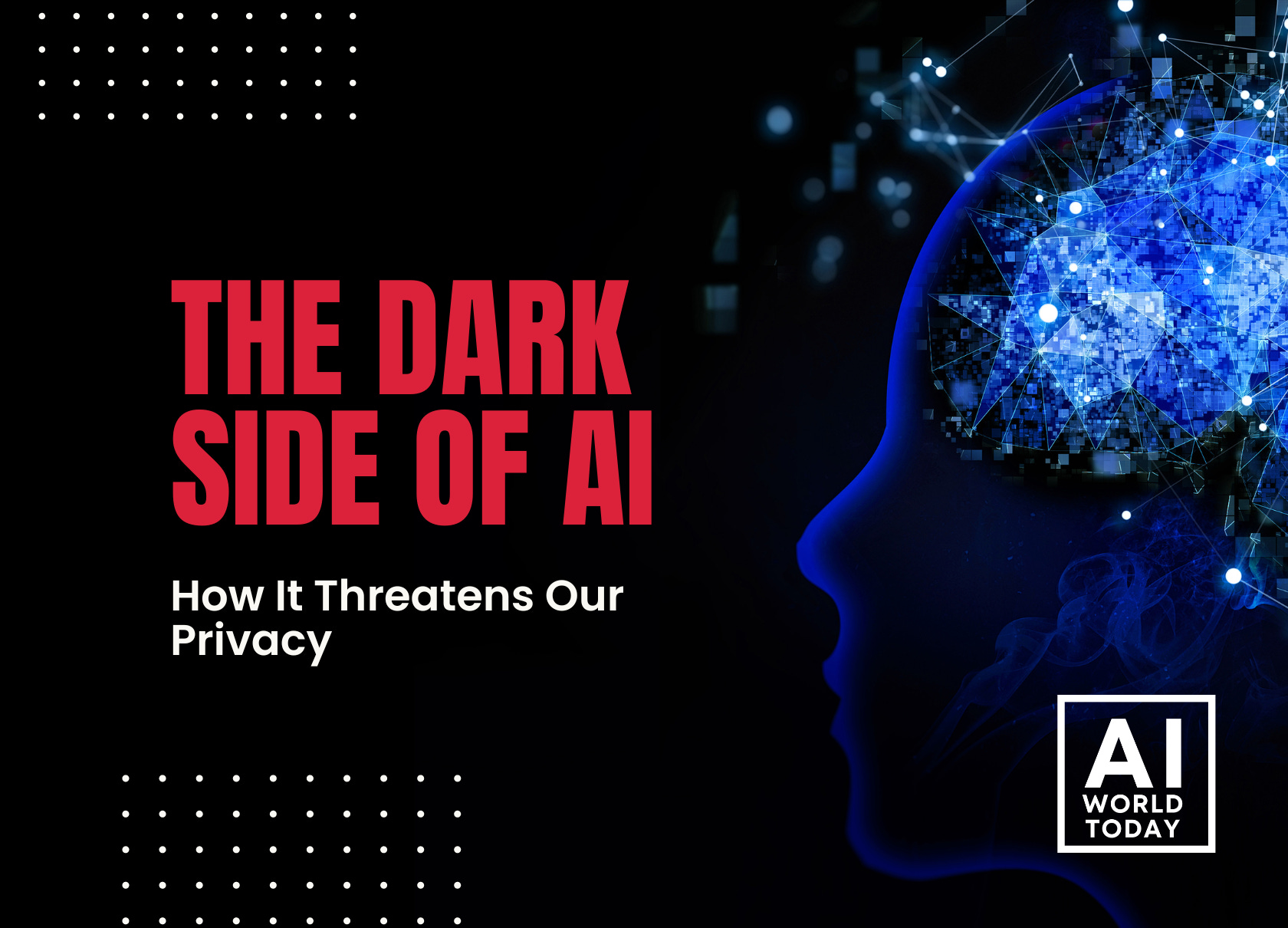The Dark Side of AI: How It Threatens Our Privacy
Advancing Technologies, Compromised Rights
While AI has the potential to vastly improve our lives, it also poses serious risks to privacy and security if misused. As AI systems become more advanced and integrated into more areas of society, we need to be vigilant about how our personal data is collected and used. Here are some of the ways AI can threaten our privacy:
Mass Surveillance:
AI technologies like computer vision, facial recognition, and predictive analytics enable large-scale monitoring and tracking of individuals. This can violate privacy and be used for mass surveillance by governments and companies. For example, some cities are piloting facial recognition systems with AI to identify people in public spaces like airports, schools, and streets. Critics argue this technology can be overly broad, inaccurate, and abused for systematic tracking of civilians without cause. Again, according to legal experts, the use of Artificial Intelligence (AI) in surveillance cameras by several cities for identifying traffic rule violations is considered an infringement on citizens' privacy.
Data Mining and Targeting:
AI is highly effective at identifying patterns and gaining insights from huge datasets. While this can benefit industries like healthcare or education, it also allows for aggressive data mining and targeting of individuals. Our online behaviors, purchases, locations, and personal details are collected and analyzed to target us with products, services, and media. This can manipulate people and violate their privacy. Regulations like GDPR give users more control over their data but stronger laws may be needed as AI progresses.
Personalized Scams and Misinformation:
AI enables sophisticated, automated generation of synthetic media like deep fake videos, deceptive bots, and personalized scams. Criminals can leverage data mining and AI to conduct highly targeted phishing campaigns, spread misinformation, or carry out other malicious acts against individuals while evading detection. These types of AI crimes will likely only increase in coming years and require diligent monitoring to address.
Biased and Unfair AI:
Many critics argue AI can reflect and amplify the prejudices of its human creators. AI systems trained on imperfect, biased data can make unfair or discriminatory decisions that disadvantage minorities and marginalized groups. For example, facial analysis tools have been shown to be less accurate on non-white faces, and hiring algorithms exhibited bias against women. Unchecked, biased AI could negatively impact many people's lives in unseen ways and erode civil rights.
With the rapid progress of AI, we must put privacy and ethics at the forefront of how these systems are built and applied. Transparency, oversight, and accountability are needed to help align AI development with human values like fairness, trust, and the right to privacy. If we're proactive and thoughtful about managing risks from the start, AI can be developed and used responsibly to the benefit of all humanity. But we must be vigilant to help ensure it is not used to erode civil liberties or further harm society. With open discussion and safeguards put in place, the future of AI can be bright.







